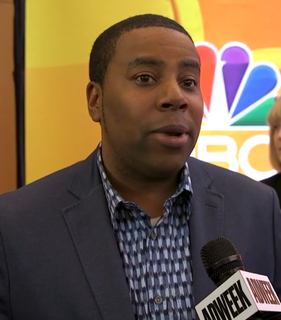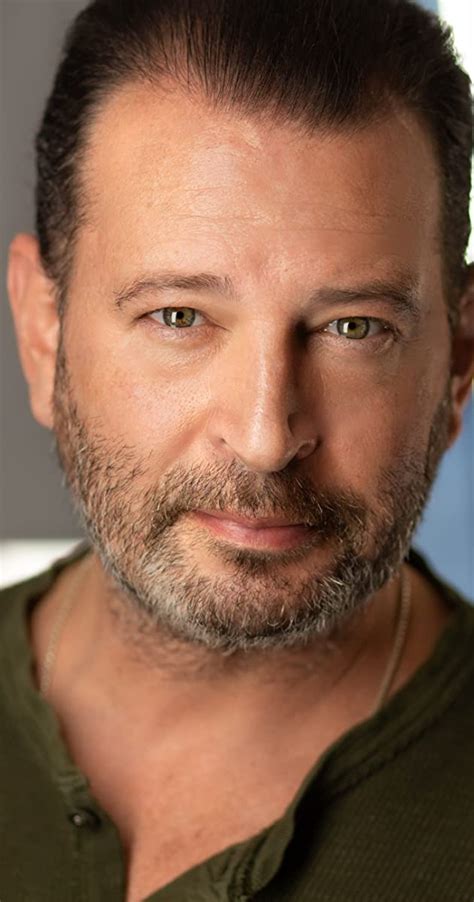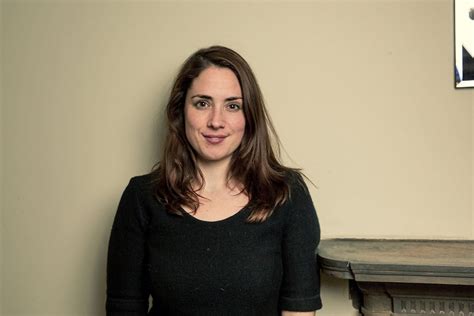A Quote by Taylor Sheridan
Think about 'GoodFellas': It could be a textbook on how not to write a screenplay. It leans on voice-over at the beginning, then abandons it for a while, then the character just talks right into the camera at the end. That structure is so unusual that you don't have any sense of what's going to happen next.
Related Quotes
I believe in working with your morning brain - you have your coffee, and then maybe you'll start thinking about the grand plan and what's going to happen in the next arc, and then you write for a while, and then you get really dreamy, and over the course of the day or in the middle of the night, something comes, and you just throw it in!
I got good at trying to throw a voice on a character from the very beginning as opposed to like reading it and sitting with it and mulling over it and stuff like that just try to read what it is and then try to put a funny voice to it like as soon as possible and stuff like that. Once you get laughs with your voice then you can start thinking about, you know the physical characteristics and how they might walk or if they stick out their buck teeth or if they wear an afro and stuff like that. I think like finding the voice of the character helps to like build the wardrobe and everything else.
I think about the structure, sure. I think about what's going to happen, and how it's going to happen, and the pace. But I think if I stop to think about it in an abstract sense, I feel very daunted. I just try to enter into the story and feel my way through it. It's a very murky, intuitive way of going about it.
When I set out to write a screenplay, I have in my mind a beginning and an end but that end part continually changes as I start to write the middle. That way by the time the screenplay is finished I have taken myself and my audience from a familiar beginning point through the story to an unfamiliar ending point.
I write lyrics really fast. When it's time to write, I usually put them off until the very end and then when it's time to write I can just sit down: I sing the melody, whatever the melody is, because that's the first thing that's already been there for a long time; I start singing it and I start creating consonants and vowels; then they turn into words; then all of the sudden one sentence will happen; then that sentence will dictate how the rest of the sentences happen.
[A]s soon as you try and take a song from your mind into piano and voice and into the real world, something gets lost and it's like a moment where, in that moment you forget how it was and it's this new way. And then when you make a record, even those ideas that you had, then those get all turned and changed. So in the end, I think, it just becomes it's own thing and really I think a song could be recorded a million different ways and so what my records are, it just happened like that, but it's not like, this is how I planned it from the very beginning because I have no idea, I can't remember.
The first thing that happens is the cleansing of the former character. I don't think a lot of actors talk about it, but there is usually a process where you essentially purge yourself of the character played prior to the movie. Then you want to think about what the character represents, and you write down all of the elements about this character and then take the time to find some synchronicity and start breathing the character.
There were a lot of lessons of production to be learned. On the page, the biggest thing you learn on any TV show is how to write to your cast. You write the show at the beginning with certain voices in your head and you have a way that you think the characters will be, and then you have an actor go out there, and you start watching dailies and episodes. Then, you start realizing what they can do and what they can't do, what they're good at and what they're not so good at, how they say things and what fits in their mouth, and you start tailoring the voice of the show to your cast.
Sometimes kids ask how I've been able to write so many books. The answer is simple: one word at a time. Which is another good lesson, I think. You don't have to do everything at once. You don't have to know how every story is going to end. You just have to take that next step, look for that next idea, write that next word.




































